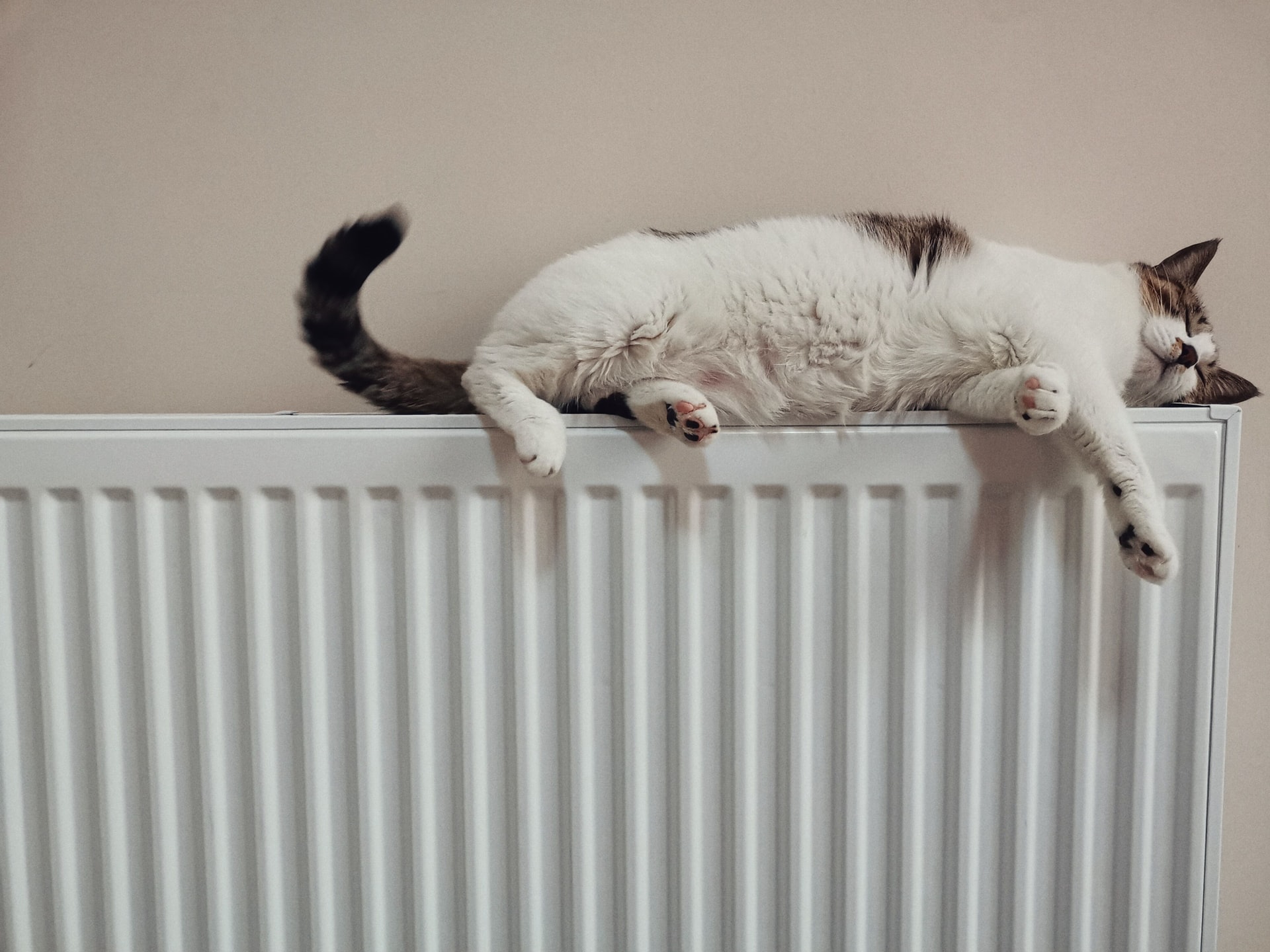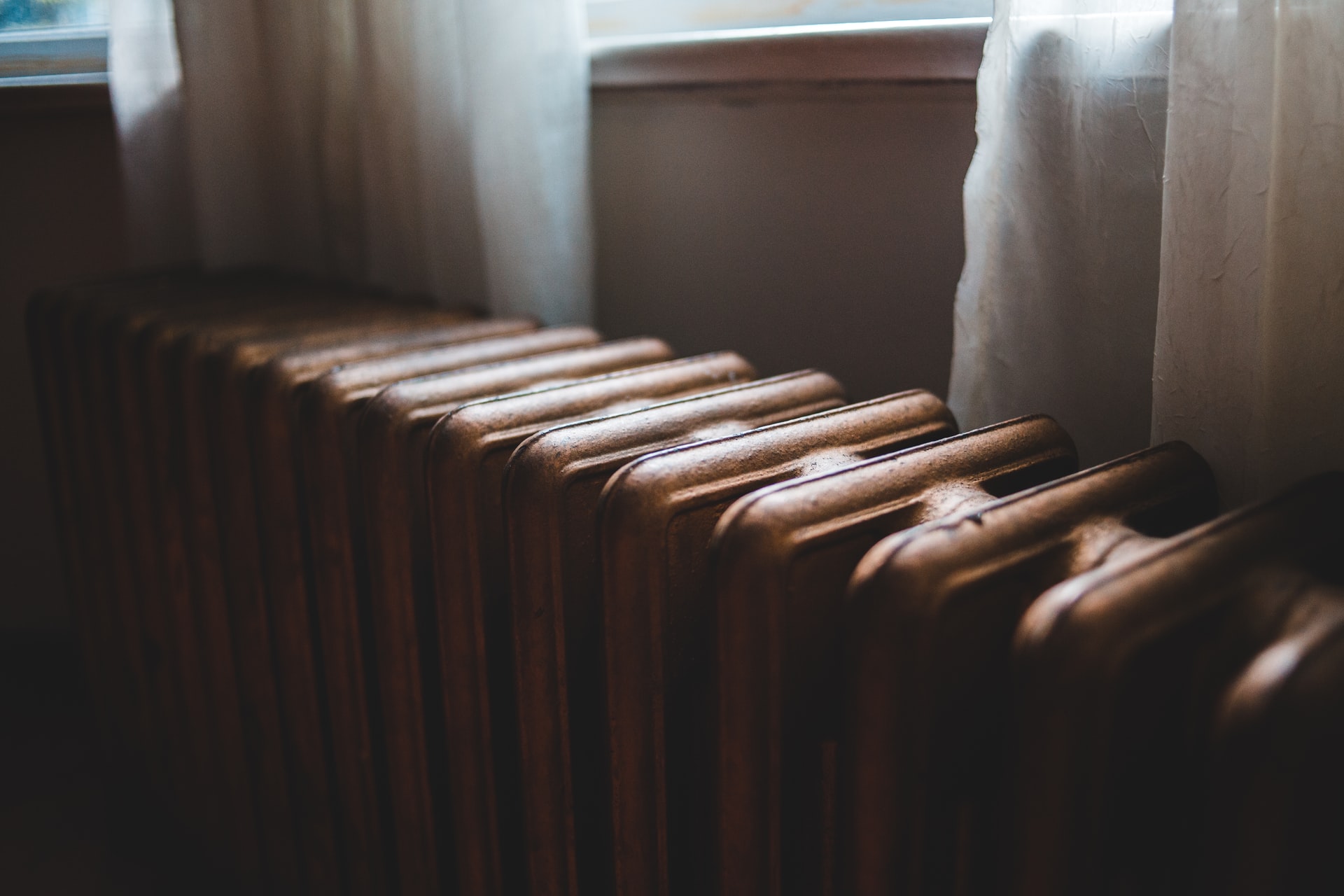Heaters are a vital component of any home, providing warmth and comfort during the colder months. However, not all heaters are created equal, and it is important to understand the different types of heaters available, their pros and cons, and how to properly maintain them. In this blog, we’ll go over the 5 things you should know about heaters to ensure that you’re making the best choice for your home and that your heater is running efficiently.
1. Types of heaters

There are several different types of heaters available on the market, each with its own set of pros and cons. The most common types of heaters are electric, gas, and oil. Electric heaters are the most popular and are relatively inexpensive to purchase and operate. They are also easy to install and maintain.
Gas heaters are a bit more expensive to purchase, but they are cheaper to operate in the long run. They are also more efficient than electric heaters. Oil heaters are the least popular and are the most expensive to purchase and operate. However, they are the most efficient and provide the most heat.
2. Proper Maintenance
Proper maintenance is essential to ensure that your heater is running efficiently and effectively. One of the most important things to do is to change the air filter regularly. A dirty air filter can cause your heater to work harder than it needs to, which can lead to higher energy bills and decreased efficiency. Additionally, it is important to have your heater serviced at least once a year by a professional. This will help to ensure that any potential issues are caught early and can be repaired before they become major problems.
3. Safety Precautions

It is essential to take safety precautions when using a heater, especially if you have a gas or oil heater. One of the most important things to do is to make sure that your heater is placed on a level surface to prevent it from tipping over. Additionally, it is important to keep anything flammable at least three feet away from your heater.
This includes items such as curtains, furniture, and clothing. It is also important to make sure that your heater is properly ventilated to prevent carbon monoxide from building up. Lastly, it is important to have a carbon monoxide detector installed in your home and to test it regularly to ensure that it is working properly.
4. Energy efficiency
When choosing a heater, it’s important to consider the unit’s energy efficiency. Look for heaters with the Energy Star label, which means they meet energy efficiency guidelines set by the U.S. Environmental Protection Agency. Electric heaters with programmable thermostats are also a good option, as they allow you to set different temperature settings for different times of the day. This can help save on energy costs by only heating the room when it’s occupied.
5. Size and location

The size and location of the heater are also important factors to consider. If you’re looking to heat a large room or open-plan living area, you’ll need a larger heater. Conversely, a smaller heater will be sufficient for a small room or space. Consider the location of the heater as well, as some heaters work best when placed in a central location, while others work better when placed in a specific area of the room. For example, a radiant heater works best when placed under a desk or table. It is also important to consider where you want to place the heater to ensure it does not block any walkways, exits, or entrances.
Final thoughts
Choosing the right heater for your home is important to ensure that you’re making the best choice for your needs and budget. Understanding the different types of heaters available, proper maintenance, and safety precautions are all essential to ensure that your heater is running efficiently and effectively. By following these tips, you can rest assured that you’ll be warm and comfortable during the colder months and that you’ll be making the best choice for your home.
Remember, always consult a professional before making any decision on heaters and make sure to follow the manufacturer’s instructions. Sound off in the comments section below, and tell us what you want to read next and if you want to read more about heaters.

